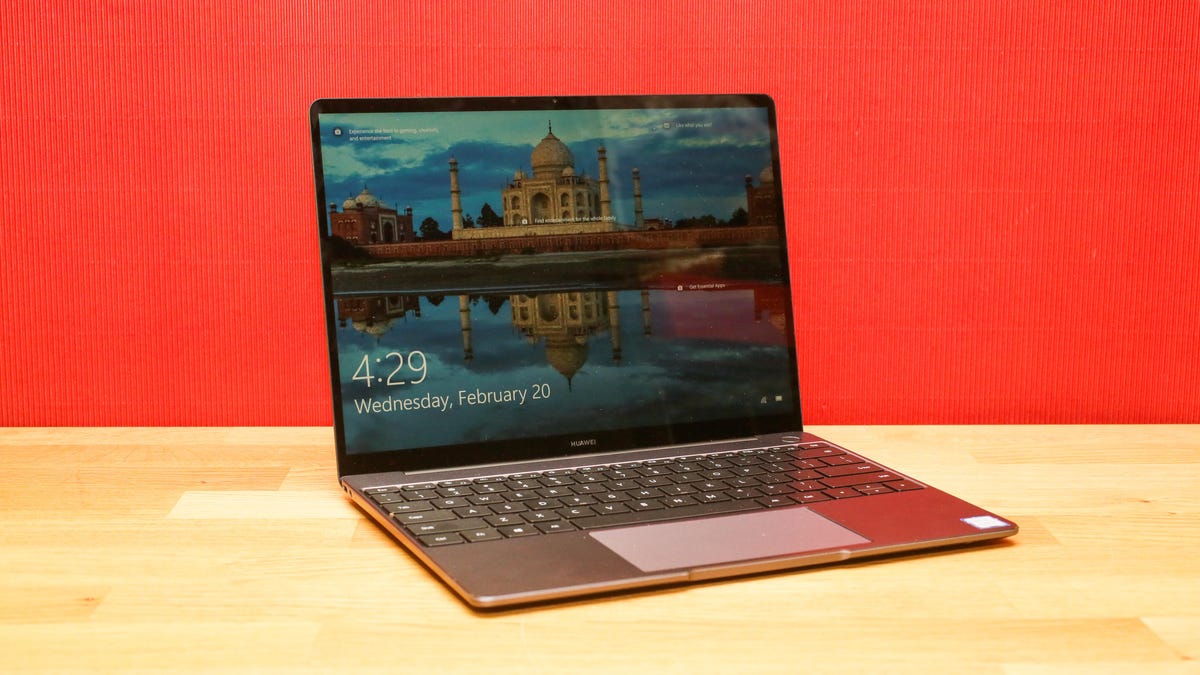Microsoft president says US government isn't being open about Huawei ban
Brad Smith tells Bloomberg he wants evidence backing up the Trump administration's ban on the Chinese company.

Microsoft provides its Windows OS to Huawei.
Microsoft President Brad Smith said in a Bloomberg interview that the Trump administration hasn't provided enough evidence about the national security threat posed by Huawei . Acts like blacklisting the Chinese company shouldn't be taken without a "sound basis in fact, logic, and the rule of law," he said.
When Microsoft asked US lawmakers to explain the threat, they've been too vague for Smith's liking. Huawei is a major customer of his company: Its laptops come with Microsoft's Windows operating system.
"Oftentimes, what we get in response is, 'Well, if you knew what we knew, you would agree with us'," Smith told Bloomberg. "And our answer is, 'Great, show us what you know so we can decide for ourselves. That's the way this country works.' "
The US Commerce Department added Huawei to its blacklist following a May executive order from President Donald Trump, over security concerns due to Huawei's alleged links to the Chinese government. As a result, American companies will have to get licenses to sell to Huawei once its recently extended reprieve ends.
Smith, who's also Microsoft's chief legal officer, said his company argued that the department should limit its ban to sales that pose national security risks, such as universities with Chinese military links -- an approach he compared to a "scalpel" rather than its current "meat cleaver" method.
Neither Huawei nor the White House immediately responded to requests for comment.
First published at 4:38 a.m. PT.
Updated at 5:05 a.m. PT: Adds more detail.

